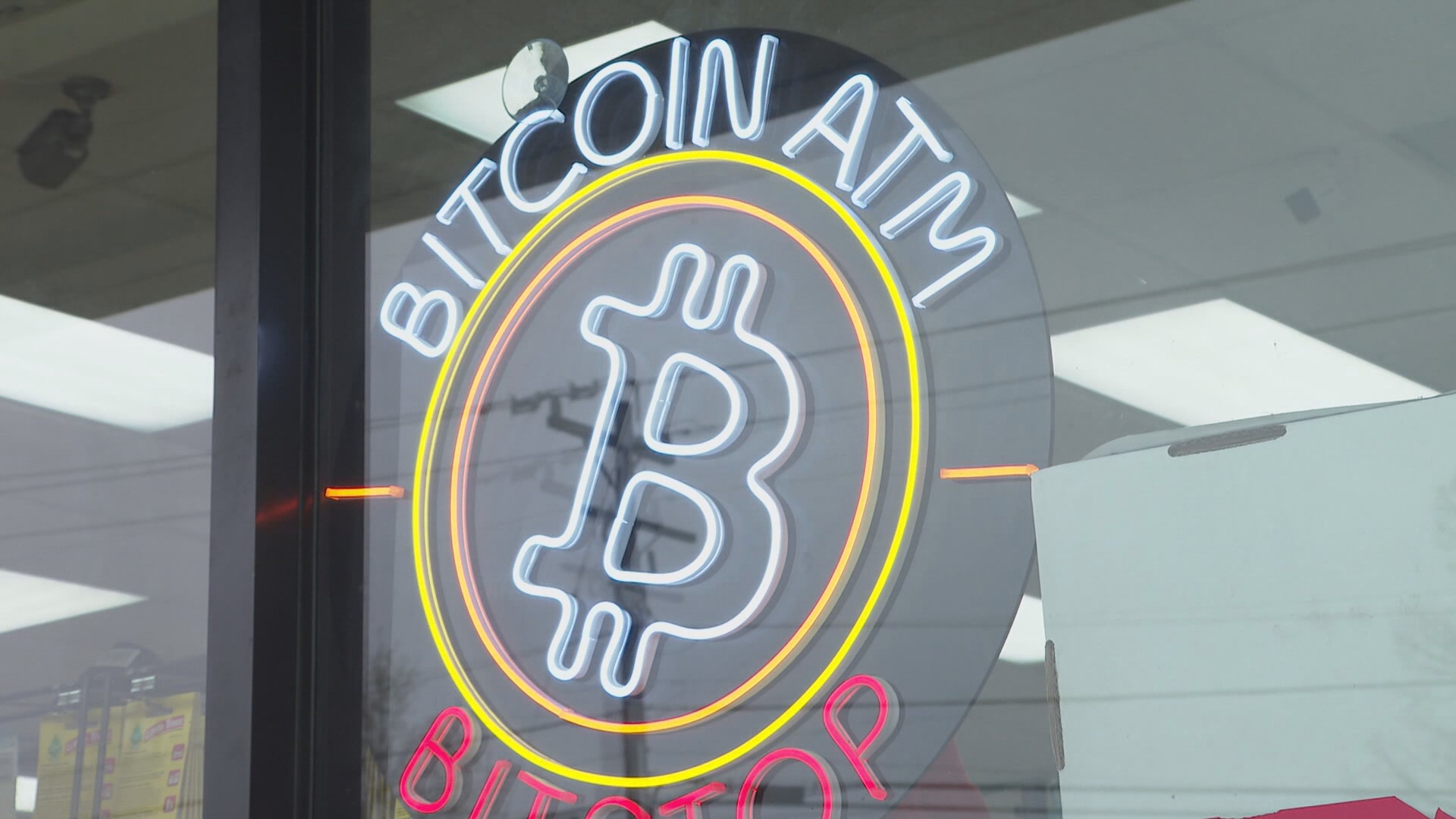GREENSBORO, N.C. — Is it time to open your pocketbooks -- or, more accurately, your smart phone's digital wallet -- to crypto?
The election-fueled cryptocurrency surge might suggest so.
Cryptocurrency is digital money. It works through a blockchain -- a decentralized ledger, or database. A user can buy crypto through exchanges like Coinbase, Binance, or Kraken. To pay for something with crypto, the user opens a digital wallet to transfer part of a coin -- or token.
One of the most popular and name-recognized cryptocurrencies is Bitcoin, which has maintained its surge since reaching an all-time high after the election.
President-elect Donald Trump seemingly changed his tune on cryptocurrency. He once shared skepticism about how digital currencies could affect the traditional banking systems and stability of the U.S. dollar. More recently, he has indicated he is pro-crypto and wants it minted in the U.S.
Financial literacy author Ja'Net Adams, who founded Debt Sucks University after paying off $50,000 in debt in two years, cautions wishful investors to weigh whether the money move is best for their individual financial situations.
"It is no secret I dislike crypto," Adams admitted.
PROS
However, amid big gains with early investors reaping the rewards, she sees how crypto is enticing.
"Some of the pros of crypto have been centered around financial inclusion. Anyone around the world with an internet connection can get access to crypto. Also, transaction fees tend to be lower than traditional banking systems, especially when dealing internationally. Lastly, the blockchain technology, which I do like, has the ability to positively transform other industries like healthcare," she explained.
The Harvard Business Review notes blockchain can improve management of sensitive health data and traceability of pharmaceutical supply chains. Forbes notes blockchain also can streamline insurance claims and payment systems, reducing fraud and overhead costs.
CONS
Many investors see crypto like gold, a way to store value against inflation. That said, like any investment, it carries risk.
"The volatility of crypto is a con, because as fast as it can go up in value, it can go down, just as fast. Another con is that crime runs rampant inside of crypto from money laundering to crypto being stolen by thieves. The worst con of it all is the negative impact on the environment. The amount of energy it takes to power crypto is putting a strain not only on the environment in the United States but also in developing countries," Adams said.
The Cambridge Centre for Alternative Finance "Bitcoin Mining Map" explained cryptocurrencies like Bitcoin and Ethereum (Proof of Stake) involve the solving of complex math puzzles to validate transactions, a process known as "mining." That mining requires a large volume of computer power.
YOUR DECISION
Is crypto right for you?
The answer, Adams emphasized, is subjective.
"When it comes to investing, I always tell people it is a personal decision, because you have to live with the outcome. It is important that you sit down and look at your financial situation, your future financial goals and what steps you are going to take to reach them. If you decide that you want to invest in crypto, I will leave you with these famous words from (investor) Mark Cuban: "Only invest in crypto with money that you are okay with losing."

